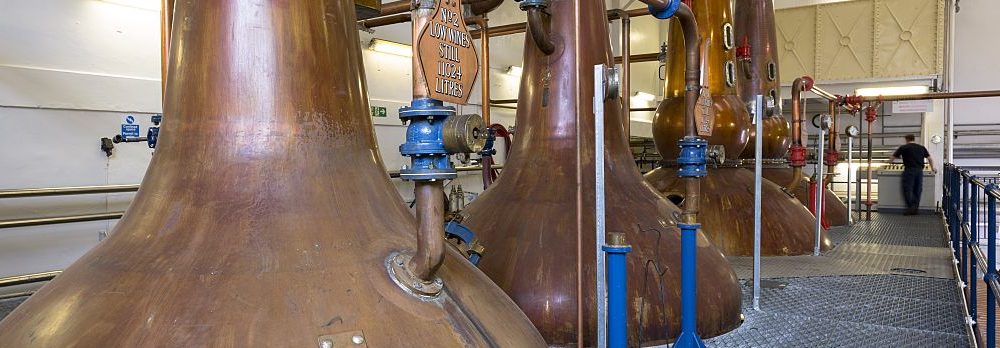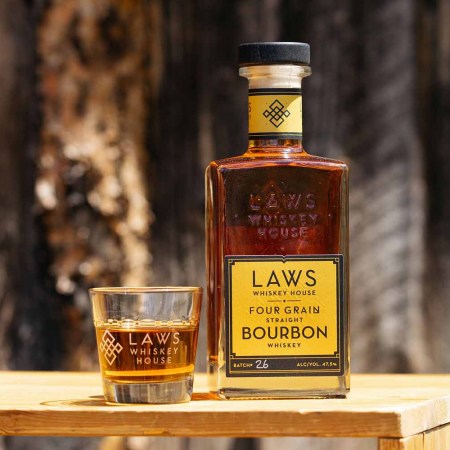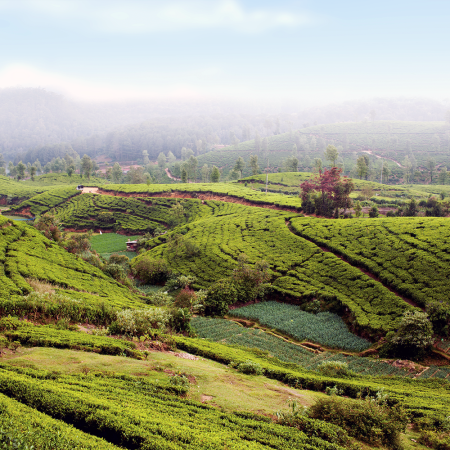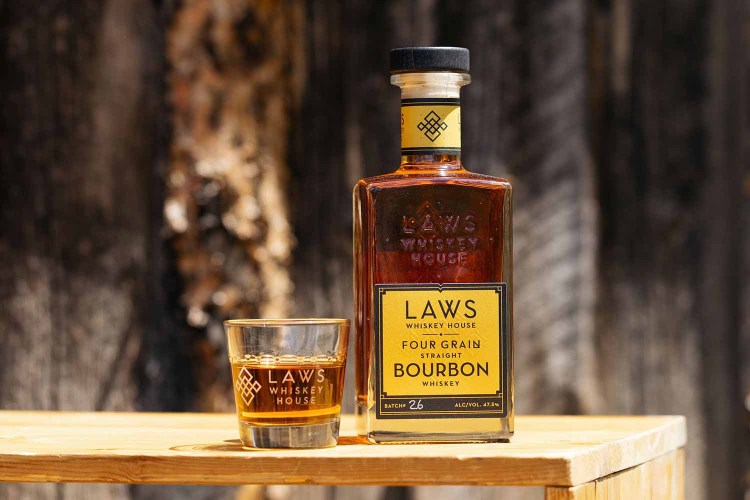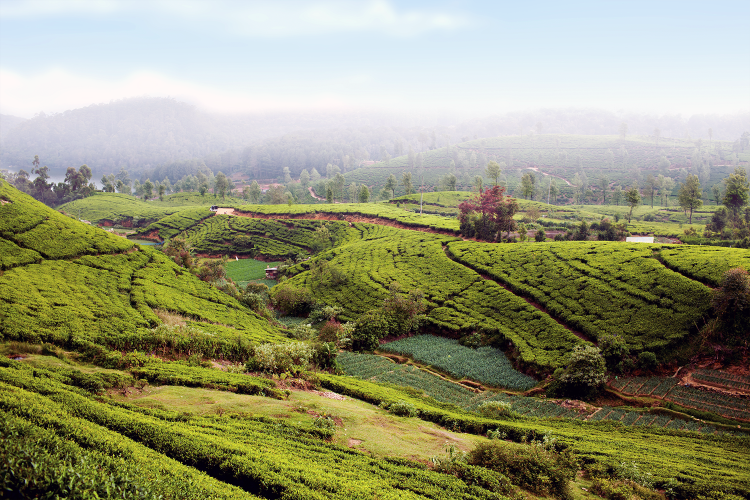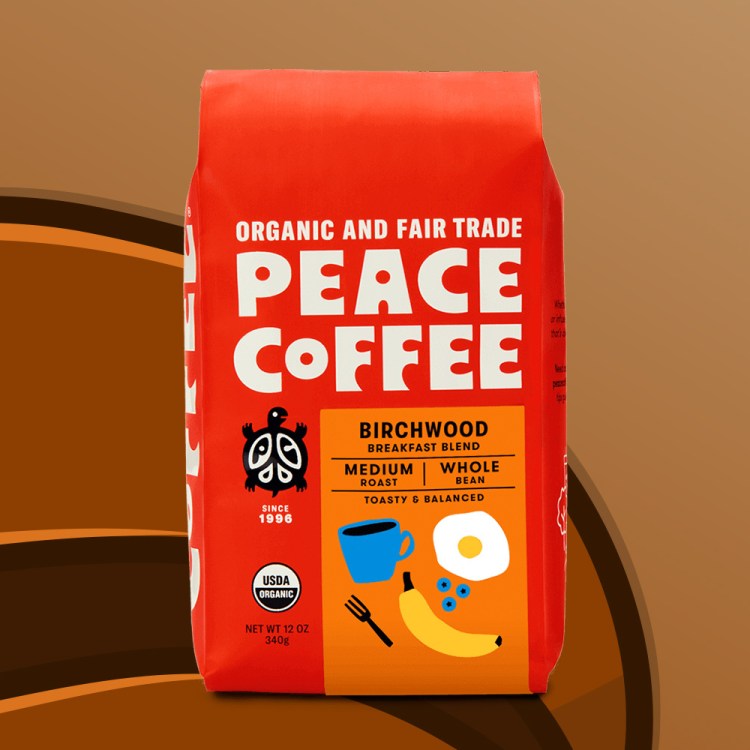Scotch distillers count on peat in order to make their beloved product. In Scotland, there are two distilleries that both malt and peat their barley on-site, writes The Daily Beast: Bowmore and Laphroaig.
Malting is when the grain is soaked to spark germination, and then dried before it becomes a full-fledged plant. According to The Daily Beast, this breaks down the protein walls inside the grain so that the yeast can more easily consume sugars inside the barley grain and produce alcohol. Scotch whiskies on Islay are known for burning peat to infuse a smoky flavor into the wet barley during this malting process. Those aromatics make it all the way into the bottle of whisky that you just bought from the store. Distillers can change how much peat they use to get different levels of peat flavor into the whisky.
“Peat is the substance that binds the whole country together,” said Matt Aitkenhead, a Scottish soil scientist, to The Daily Beast. “It is vital to holding in water. It gives life to bugs, spiders, and birds. It’s a binding agent and prevents soil erosion so that cities don’t wash away to sea.”
However, peat bogs are essentially “giant carbon sinks” writes The Daily Beast, which means they are very vulnerable to climate change. The hot weather causes the peat to decompose, and when that happens, a negative cycle is started: more peat dies, which releases more greenhouse gases, and so on. On top of that, if peat bogs are not there to hold rainfall, towns and distilleries are at risk of getting flooded.
Distilleries have a lot to lose in general when it comes to land. Besides the increase in temperatures, a lot of them sit at the mouth of a water source, leaving them exposed to water erosion. Since they are located in some of the most beautiful places in Scotland, there are also a lot of tourists, and it is hard to find a balance between utilizing the tourist industry and not destroying the land.
Join America's Fastest Growing Spirits Newsletter THE SPILL. Unlock all the reviews, recipes and revelry — and get 15% off award-winning La Tierra de Acre Mezcal.
